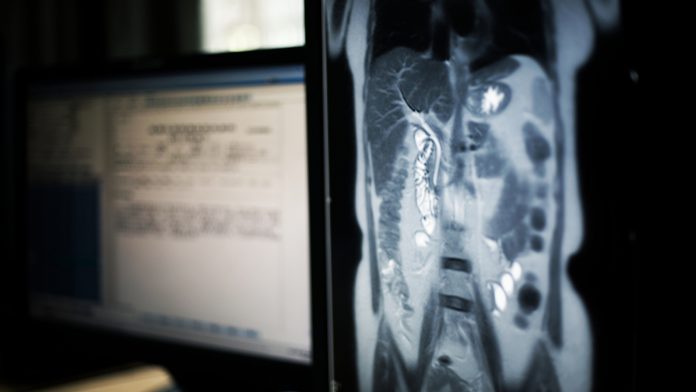
New research into the immune system could pave the way for the early detection of biliary duct cancer.
Biliary duct cancer is one of the deadliest forms of cancer, with only one in three patients being in an operable state. This cancer is so deadly because it is difficult to diagnose, meaning most patients are only diagnosed with biliary duct cancer when it is too late.
A team of researchers from the University of Copenhagen are giving new hope for diagnosing biliary duct cancer and other deadly cancers early.
What is biliary duct cancer?
Bile duct cancer is found in the bile ducts, which are small tubes that connect different organs. This type of cancer presents the following symptoms: jaundice, loss of appetite, feeling tired, and a high temperature.
It is unclear what causes bile duct cancer, but certain risk factors can increase the likelihood of getting it, including being over the age of 65 and having certain medical conditions such as abnormal bile ducts, long-term swelling in the bowel or bile ducts, a parasite in the liver, bile duct stones, and liver cirrhosis.
How the immune cells change behaviour
The researchers examined over 200 blood samples from people with and without biliary duct cancer. They conducted microRNA analyses on immune cells in the blood.
“Our study shows that biliary duct cancer causes the immune cells to change behaviour, resulting in a unique expression of microRNA molecules in the patient’s blood. These changes enable us to diagnose biliary tract cancer much earlier than with existing tests,” said Associate Professor Jesper Bøje Andersen. He is head of the group of researchers from the Biotech Research & Innovation Centre at the University of Copenhagen.
“By comparing the different levels of microRNA in the blood, we identified four microRNAs, and this enabled us to distinguish patients with biliary duct cancer from healthy participants. Other types of blood analyses were unable to do that. All in all, the data indicates that microRNAs change in patients with biliary tract cancer,” he further added.
This study is the first to research how the immune system changes in the presence of biliary tract cancer.
“The research method is also new. We look at the blood as a whole and thus at all the cells, which largely consist of immune cells. A lot of research seeks to identify methods for the early detection of cancer. But it is like looking for a needle in a haystack, as the goal is to find the tumours while they are still very small. The idea behind this approach is to look not for the needle, but small changes in the haystack,” explained PhD Dan Høgdall, who is the first author of the study and a doctor at the Department of Oncology at Herlev and Gentofte Hospital.






















